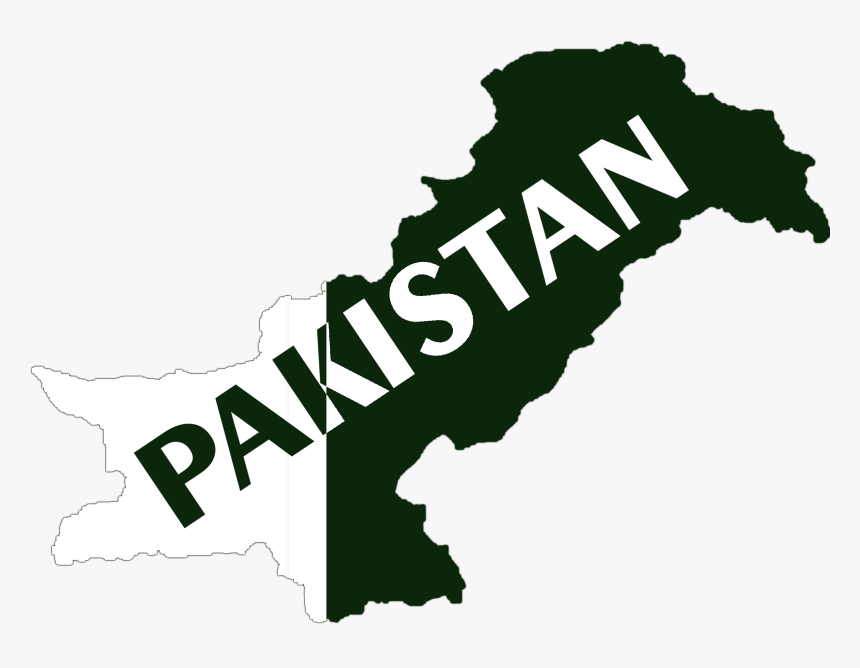
The resurgence of the new cases has compelled governments across the world to declare the third wave of the coronavirus pandemic.
In the history of humankind, it’s the most formidable threat we are facing today.
The pandemic has sent shock waves across the word; almost every spectrum of life stands paralysed: social, economic, cultural, and political.
Moreover, besides the existential threats, the pandemic has also realized that there is no milk of human kindness in homo sapiens.
There is no denying the fact that the long-term lockdown is responsible for the deviant behavior of humans but we cannot totally blame lockdown; we are equally responsible.
Amid the current pandemic, women and children rights, inter alia, have been violated the most. The gravity of the issue can be judged from the following case study.
According to a report published in an Indian newspaper, a female patient of covid-19 was raped by a wardboy. The victim had a mask and her hands were tied. After the incident, the women kept crying the whole night. When the woman tried to inform a nurse about the incident, she was silenced by the accused by threatening her, according to a report in Hindi daily Dainik Bhaskar. It really presents a grotesque picture of women’s rights violations amid the pandemic.
Furthermore, there is a steep increase in divorce during the coronavirus pandemic. The number of divorces has tended to increase without exception during economic downturns at least since the Second World War,” explains Glenn Sandström, who researches demographic history at Umeå University in northern Sweden.
In addition, according to BBC, By April, the interest in divorce had already increased by 34% in the US, with newer couples being the most likely to file for divorce. In fact, a full 20% of couples who had been married for five months or less sought divorce during this time period, compared with only 11% in 2019.
Worst still, the situation is even more worse in developing countries. Pakistan, for instance, which ranked the sixth most dangerous country in the world for women in a 2018 survey, the indirect effect of lockdowns would undoubtedly be felt far more acutely by Pakistani women, who are already marginalised and prevented from making autonomous choices about their health, safety and personal lives.
To add further, Violence against women remains a major global public health and women’s health
threat during emergencies. However, stress, the disruption of social and protective networks, and decreased access to services all can exacerbate the risk of violence for women.
According to WHO, Globally, 1 in 3 women worldwide have experienced physical and/or sexual violence by an intimate
partner or sexual violence by any perpetrator in their lifetime. Most of this is intimate partner violence. A study carried out by WHO reveals that reports from China, the United Kingdom, the United States, and other countries suggest a certain increase in domestic violence cases since the COVID-19 outbreak.
Similarly, Violence against children has also increased amid pandemic. WHO reports on global child abuse noted that schools were closed to 1.5 billion children worldwide because of the pandemic, and their parents face heightened stress and anxiety from lost income, social isolation, and potential crowding in the home. Additionally, more time online may expose children to an increased risk of online sexual exploitation or bullying.
Therefore, it’s high time that all states should take concrete steps in order to ensure their rights. Moreover, governments across the world should comply with the WHO agenda__ what can be done to address Violence against women during the covid-19 response. It’s an effective plan that WHO has envisaged to protect women rights and stop Violence against them. Moreover, male should respect their counterpart,and they should cooperate and recognize them as human beings. Lastly, UN women is a best forum through which short awareness videos can be filmed in order to ameliorate the intractable problem.









Outstanding job .. keep it up